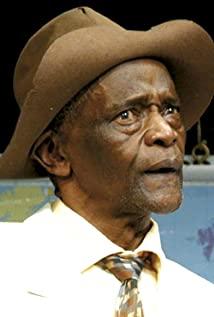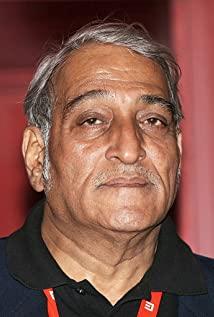Think of "my way is consistent." In addition to being moved by Gandhi's spirit, he still thinks that "non-violence" is not a universal way to resolve conflicts. However, maintaining your own peace and calm can indeed make the other person calm down too. As for awakening the other's conscience and love, I don't think it will necessarily be effective. They will think that Gandhi's struggle, whether successful or not, is his own practice. On this level, insisting on the truth of the heart always has the power to persevere. The cooperation model will come to mind. The most successful cooperation models in the experimental results are firm (firmly expressing one's will), identifiable (the will can be easily recognized by the other party), friendly (not betrayed first), and vindictive (A model that fights back after the opponent's betrayal). Gandhi's model should be regarded as a model that never betrays. This friendly model will get along well with a friendly model, but if it encounters a firm betrayal, the score may not be high. But Gandhi was not alone, he was charismatic, and he was by no means stupid, and I think while thinking about the "non-violence" of his struggle success, there are some qualities that should not be overlooked. Although I don't know what kind of person Gandhi was, I think his non-violent advocacy and support for peace may have calmed down that restless war era to a certain extent. In the struggle for freedom and independence, bloodshed is always unavoidable, and neither side is right when caught in a scuffle. Gandhi can be said to be a kind of symbolic existence, and the existence of this image may prevent people from being too pessimistic about human nature.
View more about Gandhi reviews











